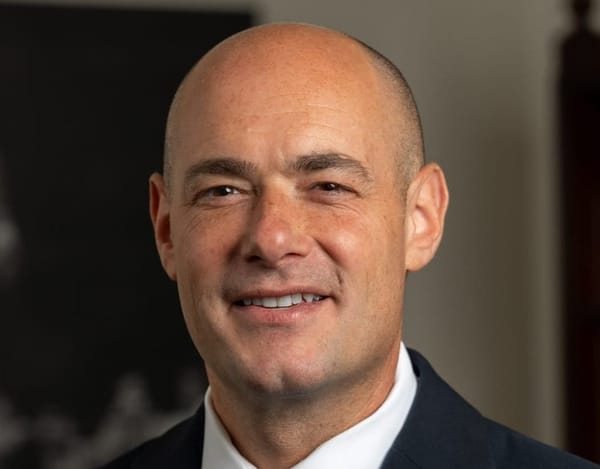FCC Fines Form 477 Failures, ‘Rip and Replace’ Worries Rural Providers, Facebook to Block Anti-Voting Ads
After reporting inaccurate information, failing to file deployment data, making false statements to FCC investigators, and failing to respond to other inquiries, BarrierFree is on track to be fined the maximum penalty of $163,912 by the Federal Communications Commission. In fact, agency officials sa
Liana Sowa

After reporting inaccurate information, failing to file deployment data, making false statements to FCC investigators, and failing to respond to other inquiries, BarrierFree is on track to be fined the maximum penalty of $163,912 by the Federal Communications Commission.
In fact, agency officials said that this is the first FCC fine in connection with inaccurate Form 477 filings.
BarrierFree has been providing broadband services since 2004, mainly in Suffolk County, New York. Since then, they have failed to send in their form 447 filing on 27 separate occasions. Additionally, some of their reports indicated that they served 61 million Americans.
This, Commissioner Jessica Rosenworsel argued, should have alerted the FCC to inaccurate reporting, since their reported number of serviced Americans would have made them one of the largest broadband providers in the country.
Yet because of the statute of limitations, BarrierFree was fined for only one of the 27 missing filings (PDF). For this reason, Rosenworcel partially dissented, and said the FCC could have treated the failure to file Form 477 as an ongoing violation until it was cured.
Commissioner
Geoffrey Starksagreed, stating that the punishment is not “severe enough to adequately address the harm BarrierFree caused and deter future violations.”
FCC’s ‘Rip and Replace’ and rural broadband programs clash
Rise broadband, the leading provider of fixed wireless internet in rural areas, will “rip and replace” equipment in 402 of their sectors by the end of this year.
As part of this program, networks will “strip out their Huawei and ZTE equipment and replace it with equipment from other, unspecified “trusted” suppliers.”
The FCC has been ratcheting up steps that make it harder for American broadband providers to operate with Chinese-made Huawei and ZTE equipment when they use universal service funding. Light Reading reports that the agency sees the equipment as a threat to national security.
Separately, House Energy and Commerce Committee Chairman Frank Pallone, D-N.J., on Friday issued a statement reacting the the FCC’s determination that $1.6 billion will be necessary to fund “rip and replace.”
The law “calls for small carriers to be reimbursed for the costs of replacing suspect communications equipment from companies like Huawei and ZTE. The FCC’s estimate of the costs of replacing suspect equipment in U.S. networks shows just how prevalent suspect equipment is – particularly among smaller carriers who cannot afford to replace it on their own,” said Pallone.
The FCC has issued an additional mandate also affects Rise Broadband, that requires “companies operating in the 3.5 GigaHertz CBRS band to update their equipment by later this year to make way for new commercial operations in the band.”
Because of these conditions, Rise Broadband has decided to remove its equipment before the start of the “Rip and Replace” program, hoping to be reimbursed later. Rise Broadband has said they are replacing the ZTE equipment with that does not have a comparable carrier-grade LTE platform.
Of the 402 affected sectors affected by the FCC’s policies, half are in rural areas.
Facebook plans to block new advertising the week before the presidential election
Facebook said Thursday that it would block new political advertising to reduce misinformation and curb voter suppression. But any political ads submitted before Oct. 27 will still circulate through the platform.
This plan has two main parts:
First, posts that declare preemptive victory before the final results are in will be linked to official counts from Reuters and the National Election Pool. Posts that try to delegitimize legal voting methods like voting by mail will be linked with information about voting. This policy will also prevent posts that call for harm to political leaders.
Second, Facebook promised to take down ads that specifically discourage people to go to voting polls for fear of catching of COVID-19. All other related ads will have links to reputable information about the pandemic.








Member discussion